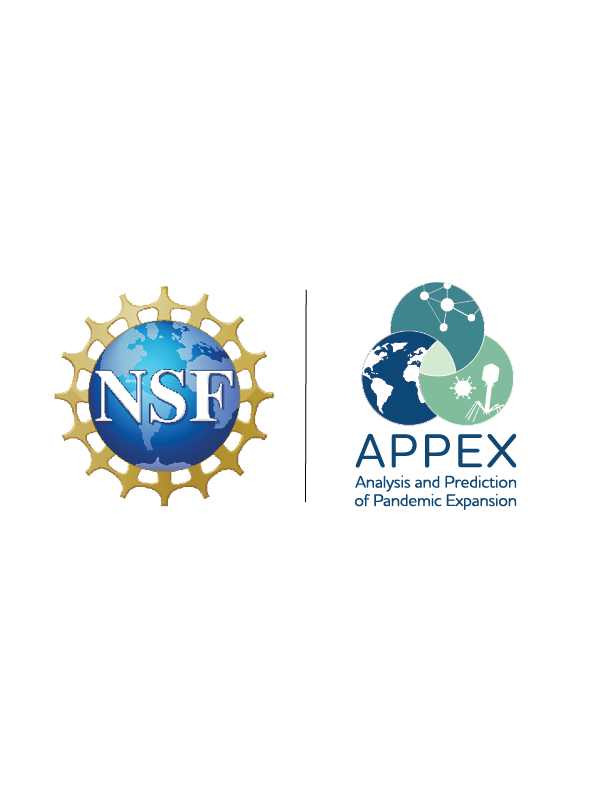
| A Case-Control Study of Outbreaks in Wapanoag Histories |
| This team will work to analyze the specific case study of historic infectious disease outbreaks in 17th century Wapanoag using a Case-Control framework |
| Case Studies in Case-Control Epidemiology 1 |
| This is one of the teams that will identify useful case-study examples and apply the Case-Control framework and methods to analyze those examples |
| Case Studies in Case-Control Epidemiology 2 |
| This is one of the teams that will identify useful case-study examples and apply the Case-Control framework and methods to analyze those examples |
| Cutting Edge Ensemble Models |
| This team will work on filling in identified gaps among types of ensemble methods approaches and suggesting new application areas for existing methods |
| Designing New MultiFactorial Analytic Methods |
| This team will use elements of voting theory, computational and algorithmic complexity theory, and statistics to design new methods for multifactorial analysis |
| (Delayed Start) Applications of MultiFactorial Analytic Methods |
| Once the design team makes some progress, this delayed-start team will test the methods in application to particular case-studies |
| Employing a MultiDisciplinary Simulation Sandbox to Ask Questions in Socio-Econ-Epidemiology - 1, 2, & 3 |
| These teams will employ the just-completed Socio-Econ-Epidemiological simulation sandbox tool to explore specific combinations of factors and how they are likely to impact outbreak dynamics |
| Theory Group on Simulation Best Practices |
| This team will work on foundational theory to provide best practices for simulation studies |
| Generative AI Hypothesis Discovery |
| This team will work to build a general framework for fine tuning and querying generative AI tools and LLMs to enable discovery of new domain sources of relevance and successfully reject others |
| MetaAnnotation for Multidisciplinary Data - Architecture |
| This team will design and develop an APPEX-Semantic Framework platform for integrated, unified, and shared access to the relevant data extracted from existing heterogeneous databases and repositories to enable creation/emergence of communities of interest |
| MetaAnnotation for Multidisciplinary Data - User Desdirata |
| This team will act as a client focus group, brainstorming desired properties and features for our APPEX-Semantic Framework |
| Risk in topology of buildings |
| This team will work on methods to map and predict epidemiological risks within buildings based on the structural topology of the building |
| Compromised Urban-Suburban-Rural Infrastructure and Waterborne Infection Risks |
| This team will consider the specific challenges of built infrastructure of many types relating to water to predict waterborne disease risks |
Multiscale ecological/epidemiological pattern identification 1, 2 & 3
| This is one of the teams that will develop physically-based and causally-informed data analysis techniques that can differentiate between statistical flukes and meaningless correlations vs. causally-meaningful and explainable patterns |
| Spruce Budworm Prediction/Hindcasting |
| This team will bring together economic, ecological, and epidemiological principles to try to understand and predict the specific case study of outbreaks of Spruce Budworm in North American forests |
Domestic Regional PovertyTraps
This team will work to analyze the socio-spatio-temporal patterns in housing, resource, and healthcare access and outcomes in the US
Case-control frameworks for healthcare users and consumers
This team will work to identify which factors in the human healthcare systems are mutable, comparing mutual perceptions of healthcare providers and consumers/users in different populations, and translating descriptions of outcomes as they are defined across multiple disciplines and members of affected communities
Understanding outbreak epidemiology in hospital systems
This team will work to develop a framework for modeling how differences in hospital management and antibiotic stewardship impact nosocomial outbreak dynamics
